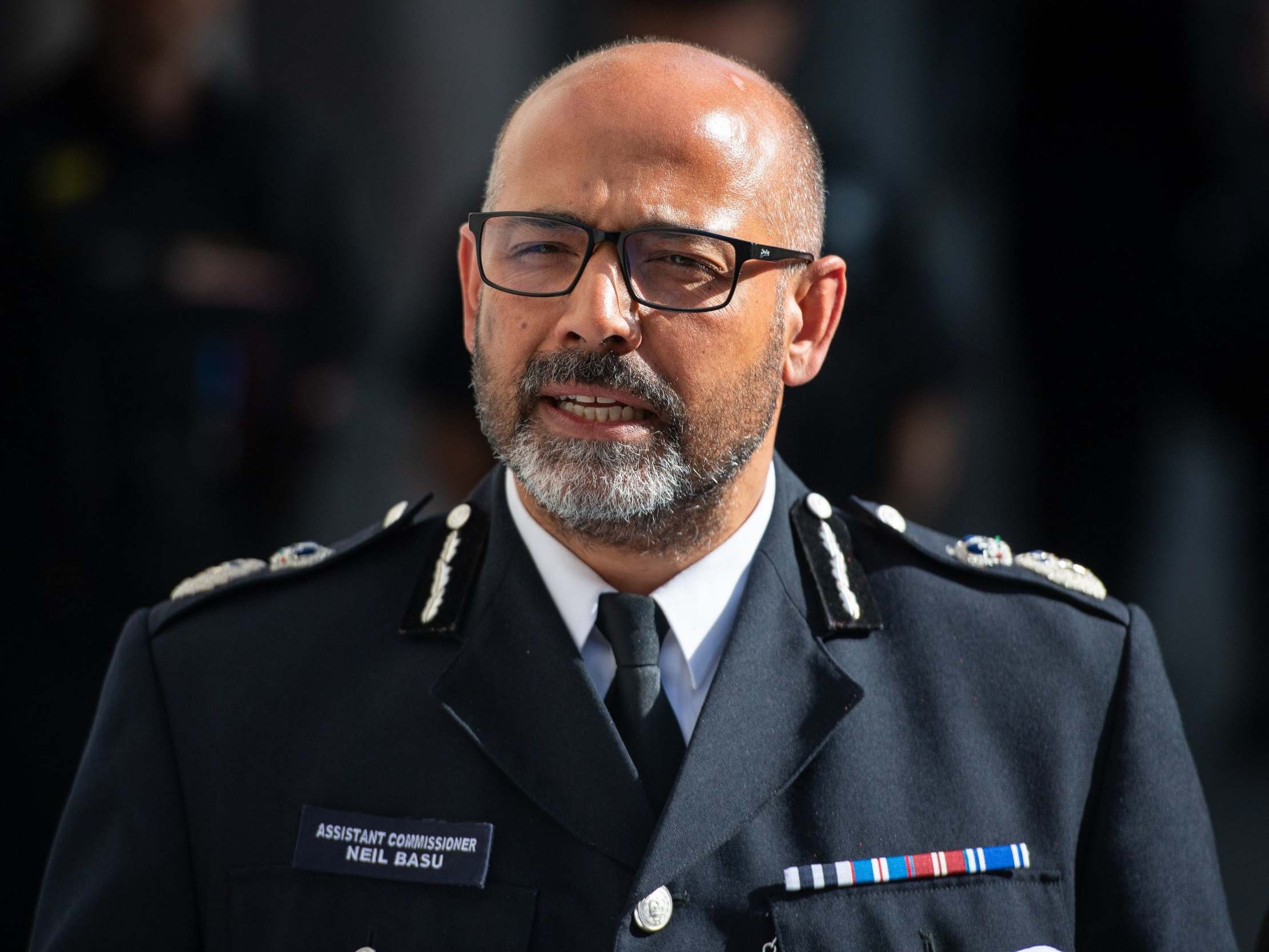Darroch cables: Boris Johnson says prosecuting journalists over diplomatic leak would be ‘chilling infringement of press freedom’
Johnson supporter Sir Michael Fallon suggested editors may have breached the Official Secrets Act by printing excerpts from ex-ambassador’s messages
Prosecution of newspapers for publishing the leaked messages of the UK’s ambassador in Washington would amount to an “infringement of press freedom”, Boris Johnson has said.
A leading supporter of the Tory leadership frontrunner, former defence secretary Sir Michael Fallon, today suggested that the Mail on Sunday may have breached the Official Secrets Act by printing excerpts from Sir Kim Darroch’s reports last weekend.
But Mr Johnson said it “cannot conceivably be right” for media organisations to face legal action over the leak. Speaking at a Tory leadership hustings in Wyboston, Bedfordshire, Mr Johnson said: “I think that a prosecution on this basis would amount to an infringement of press freedom and have a chilling effect on public debate.”
Mr Johnson – who faced heckles at an earlier hustings on Friday for dodging questions about his part in Sir Kim’s decision to resign – said those responsible for leaking the Darroch cables should be “hunted down and prosecuted”. But he added: “I have to say that it cannot conceivably be right that newspapers or other media organisations publishing such material should face prosecution.”
Mr Johnson’s rival for the Tory succession, Jeremy Hunt, said it was not for politicians to make decisions about prosecutions. “I do think that an important thing in our country is that the police operate independently from politicians,” said Mr Hunt. “They have to make decisions as to whether to prosecute people for criminal actions. They have to do their duty.
“But it is also very important to defend in a free society the right of the press to publish material that they think is in the public interest, leaks that they get. It obviously mustn’t breach the Official Secrets Act. In the 21st century, the big dividing line is going to be between open societies and closed societies, and we stand for an open society. We must never lose sight of the value of a free press.”

Mr Hunt said the Mail on Sunday had a “finely balanced” decision to take on whether to release further details from Sir Kim’s “diptels” – diplomatic telegrams – which sparked a furious trans-Atlantic row and led to the ambassador’s resignation earlier this week. The Metropolitan Police confirmed on Friday that it has launched a criminal investigation into the Darroch leak, led by detectives from the Counter Terrorism Command, who take responsibility for looking into alleged breaches of the Official Secrets Act.

Assistant Commissioner Neil Basu has faced criticism for warning editors to hand back any leaked material, amid widespread speculation that further revelations may be released on Sunday.
In a statement, Mr Basu said: “The publication of leaked communications, knowing the damage they have caused or are likely to cause, may also be a criminal matter.”
Former chancellor George Osborne – now editor of the Evening Standard – called on Mr Basu to withdraw the threat of legal action: “What a mess the Met Police have got themselves into attacking press freedom. No prosecution would have a chance of succeeding anyway. I predict a U-turn today by the commissioner overruling Mr Basu – if they stick with his threats to the media then there will be calls for resignations.”
Former culture secretary John Whittingdale said: “The idea of prosecuting journalists is completely wrong. I am horrified these communications were made public. But there is no point shooting the messenger.”
But Sir Michael, a former defence secretary, told BBC Radio 4’s Today programme that the police warning was “quite logical”.
“If they are receiving stolen material they should give it back to its rightful owner and they should also be aware of the huge damage that’s already been done and the potentially even greater damage that could be done by further breaches of the Official Secrets Act,” said the Conservative MP. “That’s the law of the land.
“We have press freedom, we prize press freedom in this country. But equally we also have laws. We have the Official Secrets Act and it’s very, very important that that law is upheld. The Mail on Sunday must make its decision if it’s proposing to publish more material.”

When reminded that the newspaper had already published some of Sir Kim’s leaked messages, Sir Michael said: “It has indeed and that looks like prima facie a breach of the Official Secrets Act.”
Mr Johnson said: “Whoever leaked the diptels of Kim Darroch should be prosecuted with the full force of the law, because he or she is breaking the terms of their employment. Obviously whoever has done it must be hunted down and prosecuted.”
But the former journalist added: “In my view there is no threat to national security implied by the release of this material. It is embarrassing but it is not a threat to national security. It is the duty of media organisations to bring new and interesting facts into the public domain. That’s what they are there for.”
Mr Johnson said he had “great regard” for Sir Michael, but said he wanted to “make a case for press freedom and for the right of newspapers to put important facts into the public domain”.
Join our commenting forum
Join thought-provoking conversations, follow other Independent readers and see their replies
Comments
Bookmark popover
Removed from bookmarks